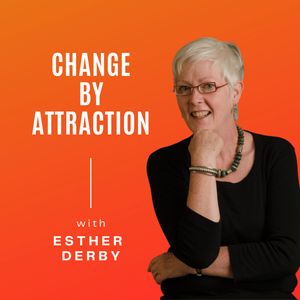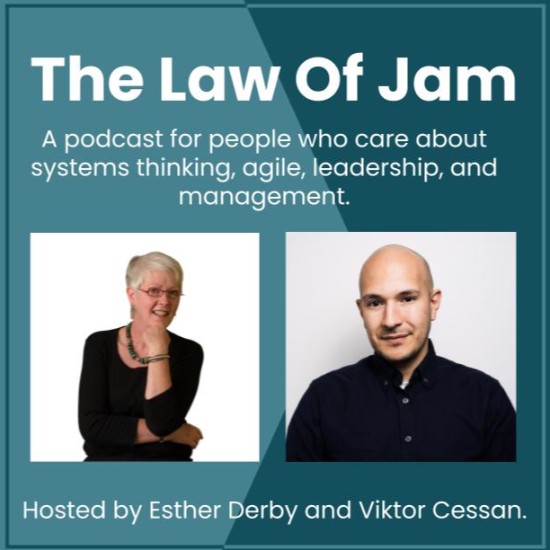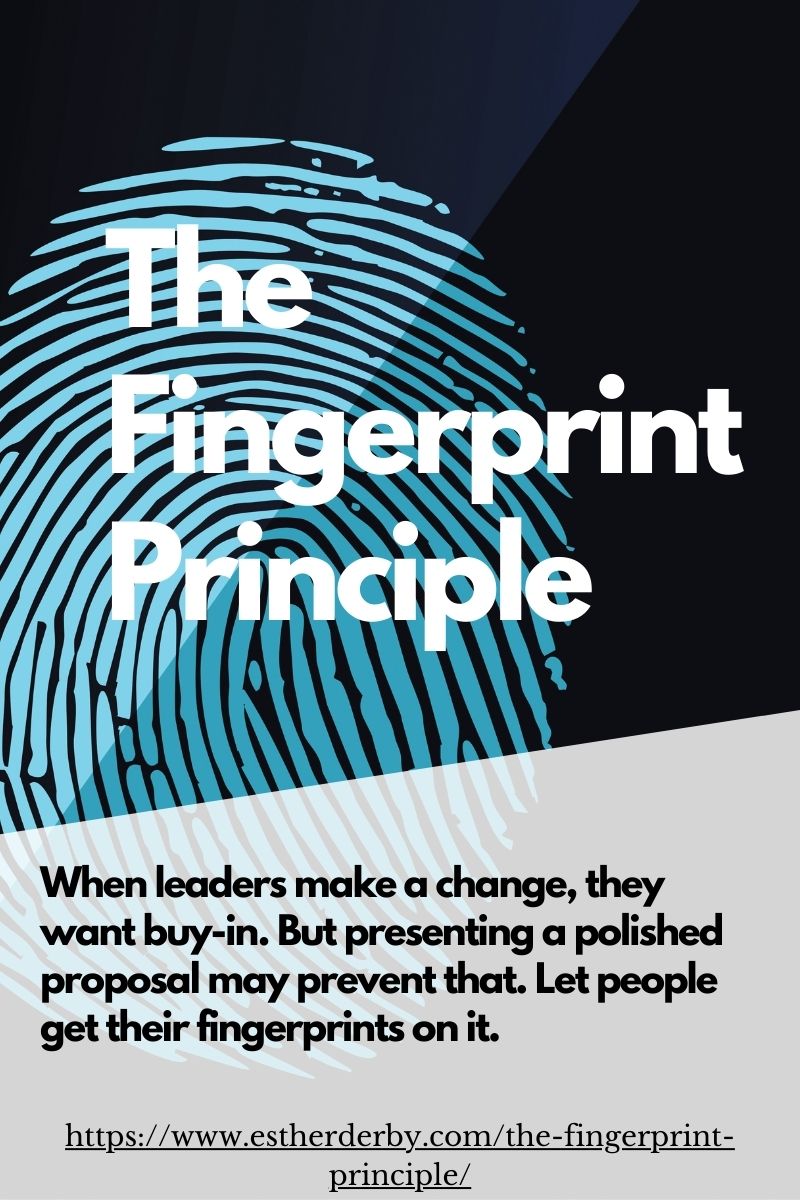Most job descriptions break work down into discrete chunks. They define activities a person must do, list required behaviors and desired qualities. Job descriptions aim for standardization. I understand HR departments desire consistency. Yet, it seems to me, job descriptions sound a lot like specifications for machine parts.
Most work isn’t like that. Complex knowledge work certainly isn’t. Most work requires sharing ideas, coordination, collaboration. People need to make complex judgements that don’t show up in job descriptions. In many cases, if people stuck to their job description, they wouldn’t accomplish much of value, and might do harm.
I prefer to think about jobs in a more holistic way. First, I look at how the work contributes to a product, service, or operations. I consider the impact on the organization and context. However, I also think about the relationships and collaboration involved. Most roles don’t stand alone.
A category of jobs may have core set of necessary qualities, skills, experience, and demonstrated understanding. But, that job will look very different in different parts of the organization. Context shapes what’s actually required to do the job and have an impact on the organization.
Rather than a box with hard edges, jobs morph to fit the contours. Sort of like a fried egg.










This is a very nice summary and timely for our team. We had a manager off shore recently request Roles and Responsibilities for an Agile Coach. The request struck me as something that cannot be truly defined and I am not sure that I want to make it a binary definition either. We have been using a model similar to yours to get away from Roles and Responsibilities for our Program level team members. I am trying to advocate what skills do we need as a team to perform the function for the team. In sports the goal of the team is to win the game. When the goalie gets pulled out of position to make a play, how does your team react?